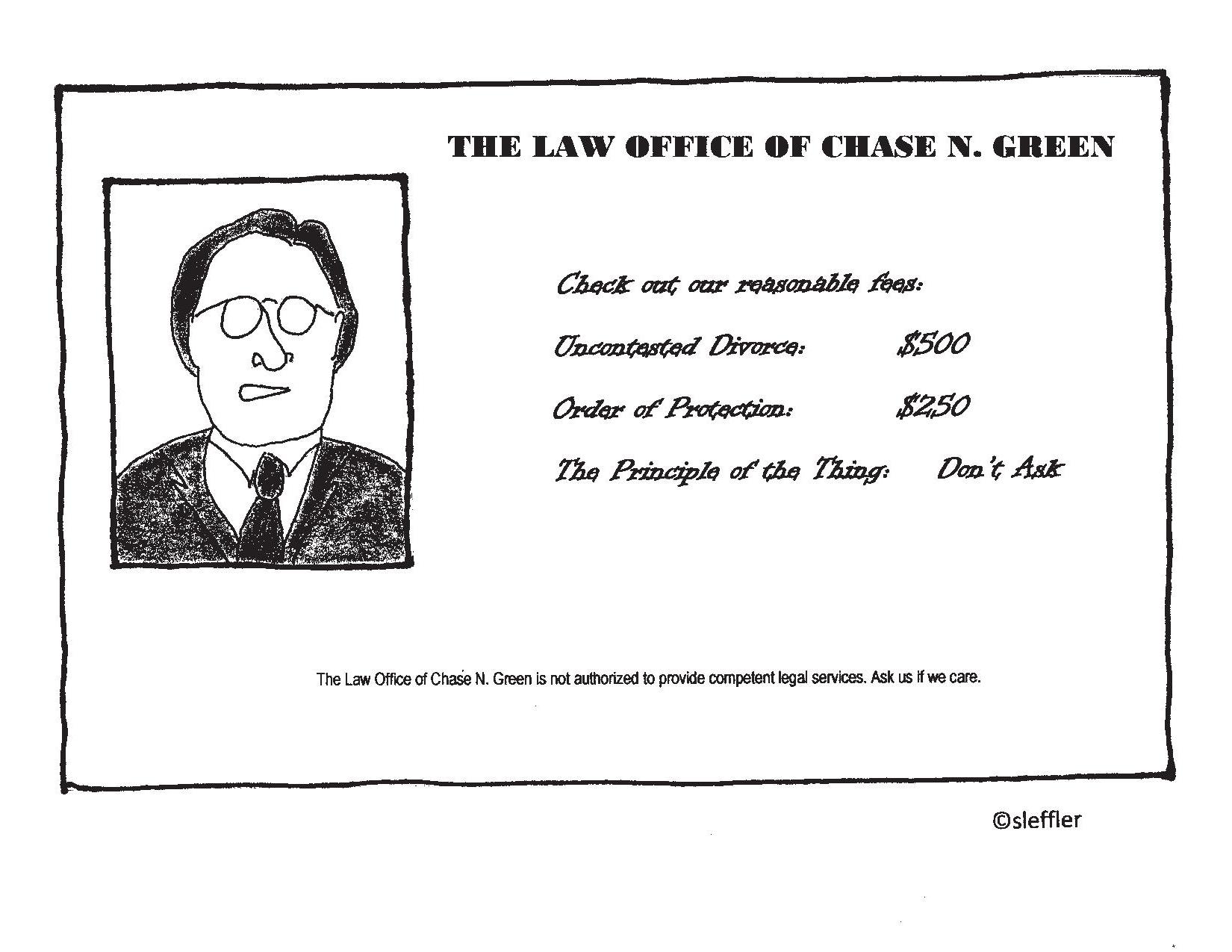Changes to Tennessee Child Support Guidelines in 2020 By MILES MASON
N
ew Tennessee Child Support Guidelines are in effect as of May 10, 2020. The Guidelines apply to all child support establishment cases and all modifications of orders. See Chapter 1240-02-04 for the rule in its entirety. Various adjustments have been made over the past 15 years, but the 2020 revisions are expansive by comparison. Why the big changes? The new Guidelines represent, in part, Tennessee's response to the federal Flexibility, Efficiency, and Modernization in Child Support Enforcement Programs final rule of 2016. Rule 1240-02-04-.03(3)(g). How the new Guidelines affect you and your family? Any case filed on or after May 10, 2020 must use the revised child support worksheet, revised credit worksheet, and revised child support schedule. These are available on the DHS website. Is the Department of Children's Services involved? At the court's discretion, an initial order could be established by DCS without necessity of a worksheet. Although many of the rule changes are technical in nature, others are transformative. What follows is an overview of key rule changes. At first blush, these are the ones likely to have the greatest impact on family law cases.
WILLFUL UNEMPLOYMENT OR UNDEREMPLOYMENT Regarding a parent's underemployment or unemployment, the "voluntary" standard was stricken from the rule – the standard is now "willful." In a departure from the prior rule, a parent's incarceration can no longer be treated as willful unemployment or underemployment under the Guidelines. 8
Rule 1240-02-04-.04(3)(a)(2). How much income can be imputed? The amount of gross income that may be imputed is much higher under the 2020 Guidelines. The imputed income amount for males is now $43,761.00 and $35,936.00 for females. (Imputed income under the prior rule was $37,589.00 and $29,300.00, respectively.) These figures weren't pulled from thin air. They represent Tennessee's full-time year-round workers' median gross income based upon the 2016 U.S. Census Bureau's American Community Survey. Rule 1240-02-04-.04(3)(a)(2).
EXPANSION OF IMPUTED GROSS INCOME The 2020 Guidelines changed how Tennessee courts impute gross income in child support cases. The court has the authority to impute gross income in specific situations. For instance, imputing income is appropriate when the parent owns substantial nonincome producing assets or is willfully unemployed or underemployed. Now the judge can impute income if no reliable evidence of income exists due to the parent’s failure to participate or supply financial information in a child support proceeding. Rule 1240-02-04-.04(3)(a)(2). This puts more teeth in the financial disclosure requirement, yet falls short of sanctioning for noncompliance. The new Guidelines provide numerous factors for the court to consider when adequate or reliable evidence is lacking due to the parent's nonparticipation in the proceedings. The court starts with the parent's specific circumstances as they are known to be. From there, factors to consider include the parent's assets, residence, past jobs and earnings history, work skills, education and literacy, age, health, criminal record and







